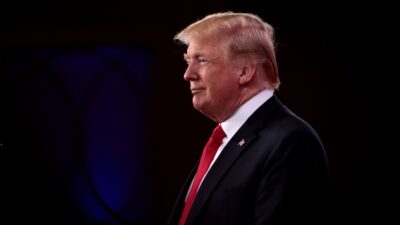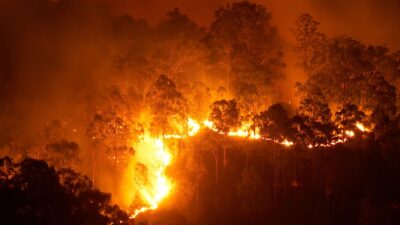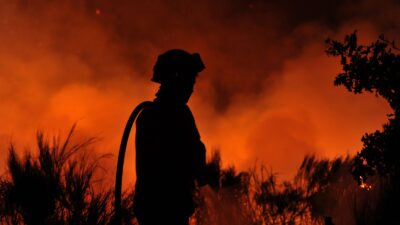-
Sort By
-
Newest
-
Newest
-
Oldest
A second Trump presidency would see a new era of American economic protectionism, according to Allspring, sending inflation higher and global growth lower. And that’s without factoring in potential threats from China and Iran.
You can only see it if you look in the right places, but carbon mispricing could have massive implications for how risky an investment really is. Meanwhile, large language models are reading between the lines of earnings transcripts.
Biodiversity is under rising threat around the world, with potentially disastrous economic and social consequences, while water-related risks are likely to strain insurers and government budgets.
Biodiversity loss could threaten more than 50 per cent of global gross domestic product, but the amounts spent on reversing it pale in comparison to investment in clean energy.
Unrest in the Middle East, political dysfunction in Washington and the looming shadow of a global recession means markets face a new wall of worry in time for the holiday season.
Sovereign bonds from countries with real environmental credibility and a compelling strategy for decarbonisation make a fine addition to institutional portfolios. The trick is figuring out which bonds belong.
Good news from other emerging market countries has been overshadowed by spotty data and a sluggish recovery in China. But the recovery is gathering pace, and there’s good news on the geopolitical front too.
While equities have been the first stop for institutional investors trying to decarbonise their portfolios and back the transition to renewables, fixed income is the next lever they want to pull.
It’s too soon to call the death of traditional portfolio construction even as an apparent new investment paradigm makes it more challenged. Investors should instead stay ‘humble students of the market’.
The big headwind to the emerging markets is fading. But buying big stories about growth and shuffling money from one hot sector to another is no way to play them.














